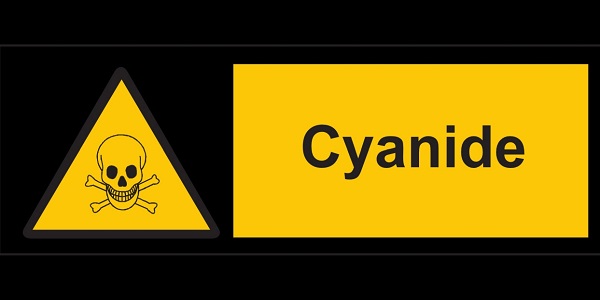Mumbai, Citing a US lab report, an activist on Tuesday said that premium brands of processed iodised salt sold in India allegedly contain alarming levels of poisonous and carcicogenic components like potassium ferrocyanide.
According to Shiv Shankar Gupta, Chairman of Godhum Grains & Farms Products, the test by the American West Analytical Laboratories has revealed that potassium ferrocyanide levels are an alarmingly high in Sambhar Refined Salt at 4.71 mg/kg, at 1.85 mg/kg in Tata Salt and 1.90 mg/kg in Tata Salt Lite.
Despite repeated attempts and emails, neither the Tata Group nor their official media teams commented on the matter.
Gupta, who has launched a mission “to rid salt of harmful substances, expose corrupt practices by the salt industry and help provide healthy and safe natural variants of salt to the masses”, said that no where in the world is the poisonous potassium ferrocyanide permitted for use in the edible salt industry or for that matter, in any other food item.
“Leading companies in the edible salt manufacturing industry simply repackage industrial waste laden with hazardous chemicals like iodine and cyanide and market it as packaged edible salt, making people vulnerable to diseases like cancer, hyperthyroidism, high blood pressure, impotence, obesity, kidney failures etc,” he told media persons here.
He accused the companies of adapting “dangerous and undisclosed processes such as bleaching, adding a plethora of dangerous chemicals like iodine and cyanide to ‘refine’ the salt”.
Gupta alleged that the poisonous cyanide compounds are freely used by leading salt manufacturers in India, while iodine, which is already present in natural salt, is artificially added, virtually rendering the salt a poison.
He said that the country’s natural salt industry – spread across Gujarat’s Kutch, Madhya Pradesh and Rajasthan – has been systematically destroyed by successive governments which hailed “iodised salt” as a healthy alternative.
“Declaring salt from these salt pans, which is naturally suited for human consumption, as inedible is one of the biggest scams in post-Independent India. This is one of the worst cases of corporate greed and corruption with the livelihood of workers in the indigenous salt industry at stake,” Gupta claimed.
Alleging a strong nexus between the government and industrial lobbies to cheat workers of the indigenous salt industry while selling it at exorbitant prices, leaving the consumers with no choice but to buy cheaper, chemical-laced variants, he accused the government departments entrusted with the task of ensuring quality standards in production of branded salt of being “inert”.
“RTI applications show that none of the big salt manufacturers have applied for testing or licensing with the FSSAI, which – on its part – has been unambiguous on how refined salt is produced. Moreover, food testing labs in the country are not equipped to measure the quantity of cyanide in salt,” he claimed.










